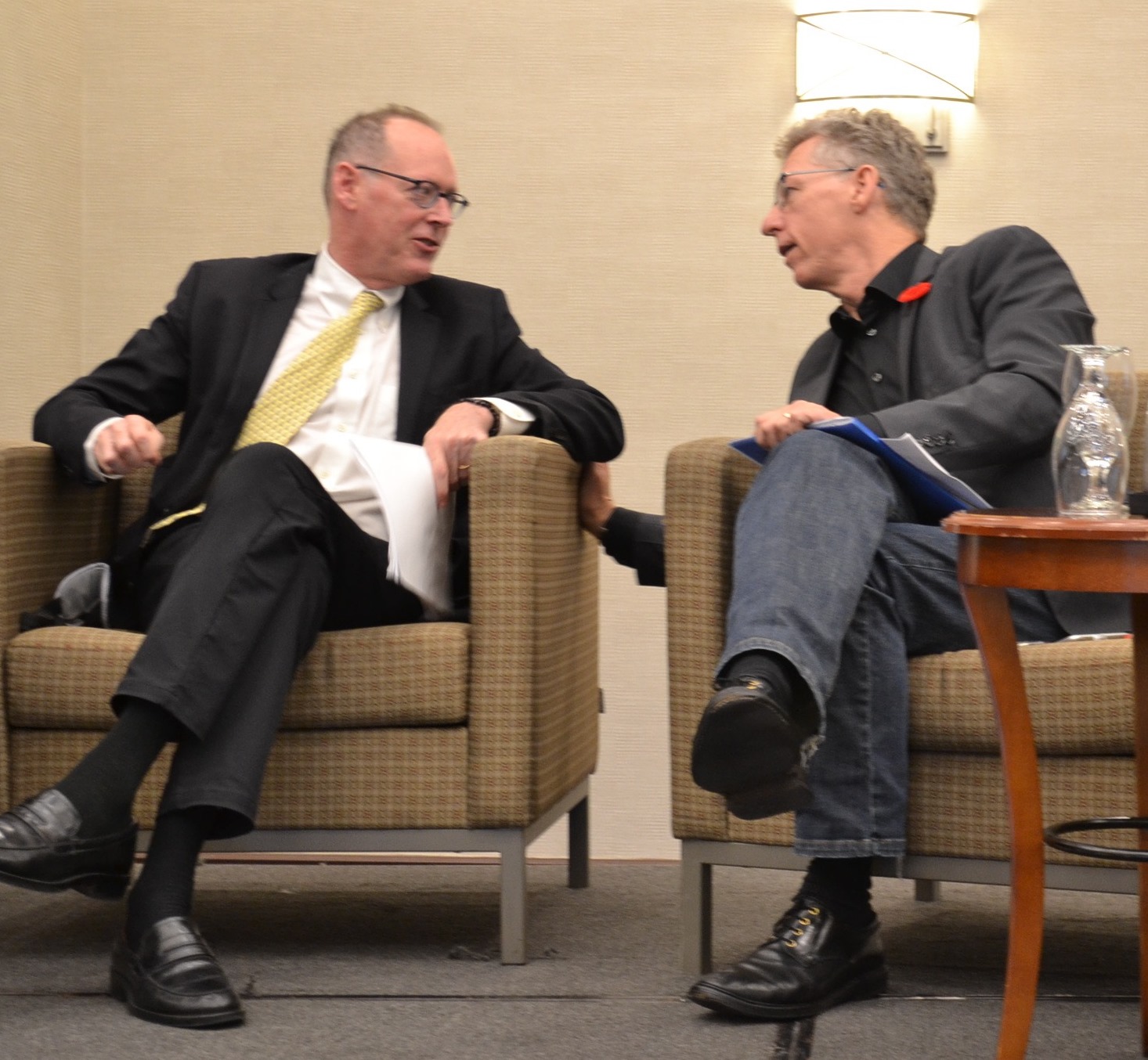The Canadian Conference on Global Health is a premier conference in Canada for global health. Over the span of three days, from October 29-31, an audience of over 600 participants from a wide range of backgrounds, including: researchers, policy makers, practitioners, and advocates came together in Ottawa. The theme for the 2017 annual conference was “leave no one behind”, highlighting the need for global health work to reach all corners of the world in an equitable manner.
The conference opened with a keynote from Dr. Paul Farmer, who cheekily highlighted that the work undertaken in the name of “global health” focused on “the E-word”, and accordingly, should be termed “global health equity”. Dr. James Orbinski followed with another keynote speech, making a call for “global public policy that is equity-based, that engages in bold, visionary, and practical efforts that actually meet the needs of people”. These keynotes highlighted the role of equity in global health practice and policy and truly set the stage for the rest of the conference.
The theme of equity was reiterated by numerous presenters. From speaking about the need for basic income in a changing society to challenging systems of oppression and marginalization, all the sessions had a component of equity. This highlighted the importance and need for bringing equity to the forefront of global health research, practice, and policy. While motivations in global health can be contested, inherently, global health is centered on “leaving no one behind.”
When I think about equity, what comes to mind is “fairness” and “impartiality.” These core principles not only ground the work that we do in global health, but are grounded within the individuals who serve in this capacity. I was fortunate enough to meet two individuals at the conference and discuss on a more personal level, both of whom are professors. Both were kind enough to provide their advice at length to a PhD student. In our discussions, it quickly became apparent to me that this kindness that they both possessed is not there by luck: it is a mandatory component for any individual who wants to work in the broad field of global health. Kindness, compassion, and empathy are prerequisites to entering this field and are shared values.
In reflecting on this realization, I urge us to return to our roots – the reasons why we pursued global health work in the first place. Let us not forget the values that steered us in this direction. We should allow them to guide us in the work we seek to do. Our motivations can be grounded in good and allow us to practice what we preach – equity in global health.

